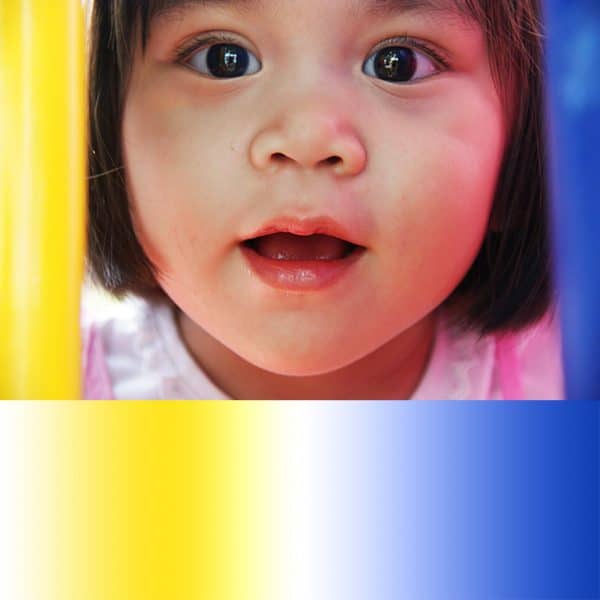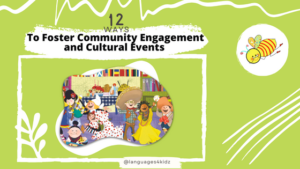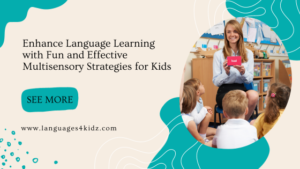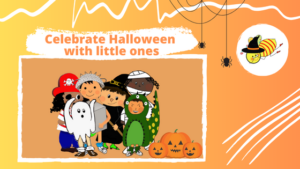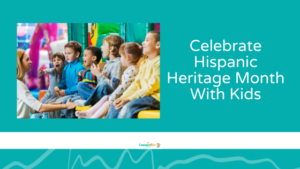Children learn to talk using only the sounds and words they pick up from their environment most importantly from their parents and caregivers. Many scientists believe that a newborn’s brain is genetically “programmed” to learn language, just as a bird is programmed to sing or a spider to weave a web. No one actually teaches children to talk. Rather, parents and others enable their learning by speaking while they interact with them. Therefore, interaction is a critical part of this process.

Consequently, a baby’s brain will then discard the ability to speak in languages he or she does not hear. If we value foreign languages then we must start early. It involves simple sentence structure and vocabulary, exaggerated intonation and sounds, repetition, and questions, all of which help a child sort out meanings, sounds, and sentence patterns of a language. The foundations for thinking, language acquisition, attitudes, aptitudes, and other characteristics are laid down during the first three years of life. Consequently, it would be a waste not to use a child’s natural ability to learn during his or her most vital years, when learning a second language is as easy as learning the first.
Scientists suggest that when it comes to ease of learning and proficiency in a foreign language, earlier is better. There is a “window of opportunity” for easily acquiring additional languages from the moment a child is born.
Very young learners acquire a second language through hearing and experiencing lots of the target language, very much in the same way they acquire their mother tongue.
They learn through play.

They learn words and phrases, without noticing it, in a fun and natural way.
There are over 6000 languages in the world and infants can learn all of them.

